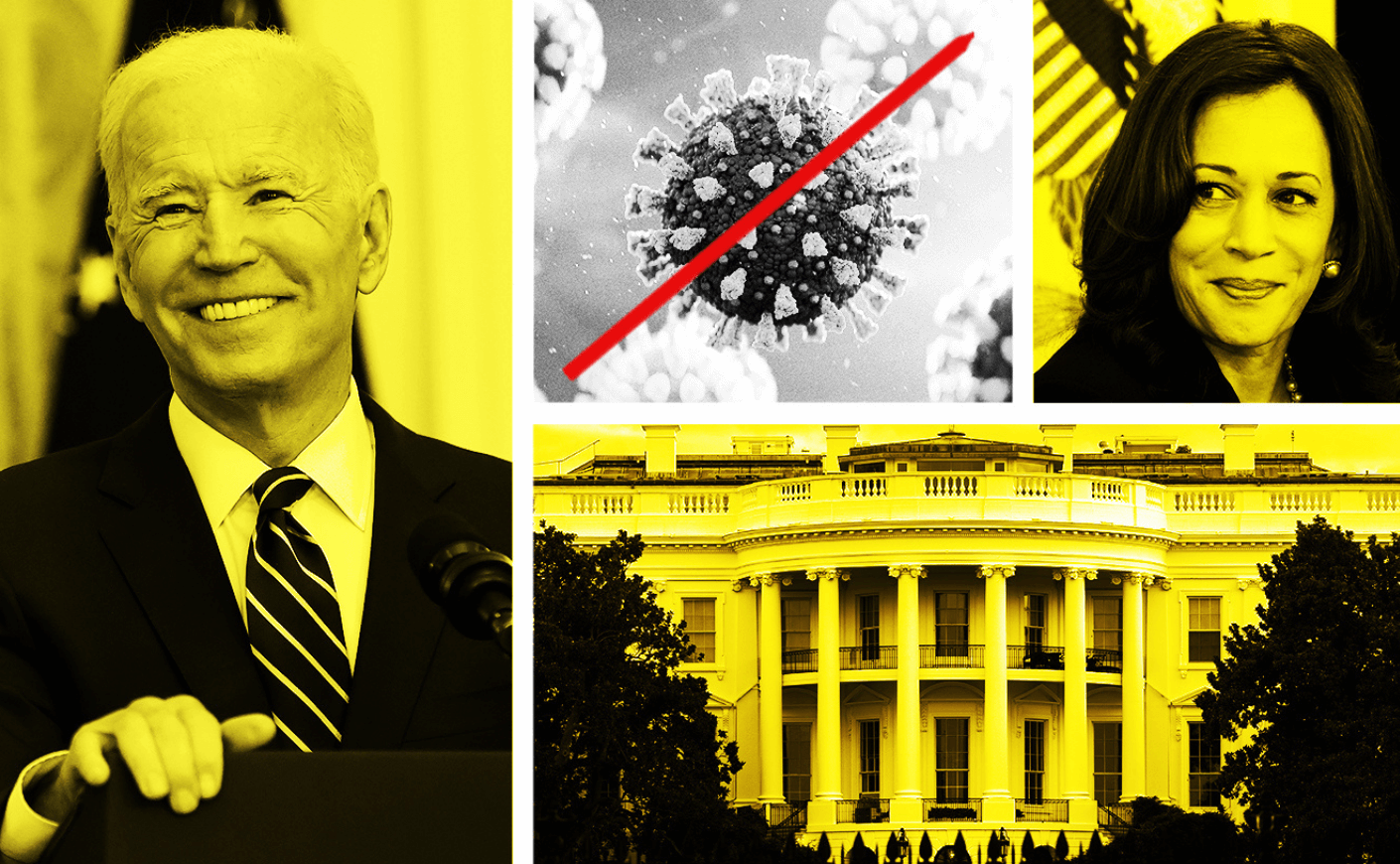Eighteen months after the coronavirus shut down much of the world, the pandemic’s still raging on, but top disease experts around the country are predicting a light at the end of the tunnel.
The new Covid-19 Scenario Modeling Hub (a collection of researchers who advise the CDC) developed four potential scenarios — the most likely one forecasts that new infections would steadily drop from about 140,000 to about 9,000 a day by March. Meanwhile, deaths would fall to fewer than 100 a day (this assumes that the U.S. doesn’t get hit with another deadly variant and children get vaccinated).
A method to the madness:
This modeling hub combined nine different mathematical models from different research groups to get an outlook for the pandemic for the next six months.
We’ll be spared a winter surge:
This scenario doesn’t project a significant uptick in cases like we saw last year, when they hit an all-time high. But Justin Lessler, who helps run the hub, told NPR that there’s still some uncertainty in the models and a "moderate" surge is possible.
What experts are saying:
The general reaction among researchers and epidemiologists is a sense of cautious optimism. “I think these models are reasonable and largely think their predictions make sense,” Dr. Sandro Galea tells us. “Fundamentally we’re dealing with ever more people vaccinated and more who’ve had COVID, which means fewer people are now susceptible and will be so over time.”
What’s next:
Galeo said precautions should remain in place for now, as transmission remains high due to the Delta variant. In fact, the U.S. is averaging more than 1,900 Covid deaths per day, but this is mostly happening among those who haven’t been vaccinated.
How the U.S. is fighting back:
This all comes as the U.S. steps up its commitment to increase vaccination rates around in the U.S. — and around the world. President Biden announced plans to buy another 1 billion doses of Pfizer’s vaccine to donate to other countries. “To beat the pandemic here, we need to beat it everywhere,” he said.









